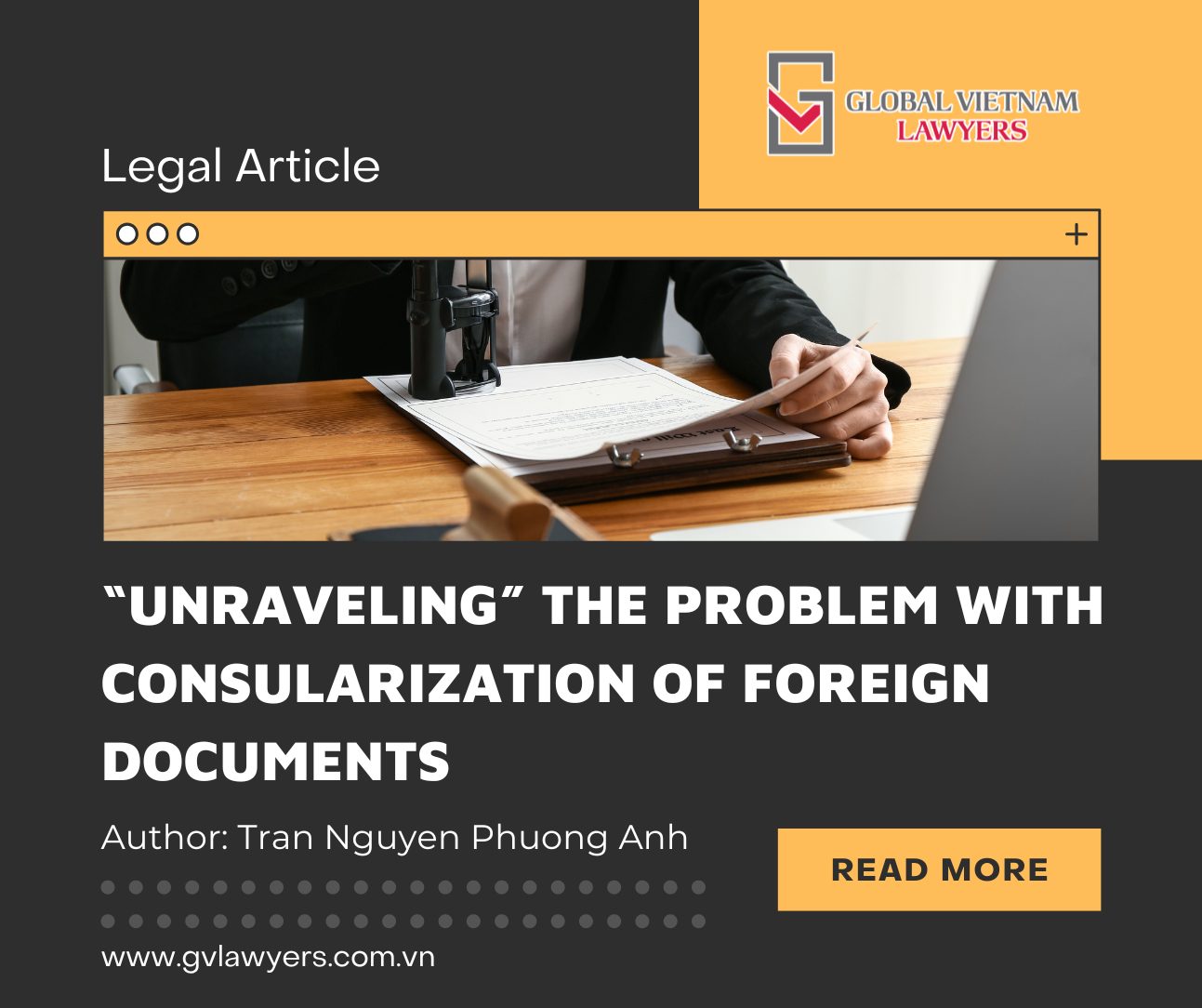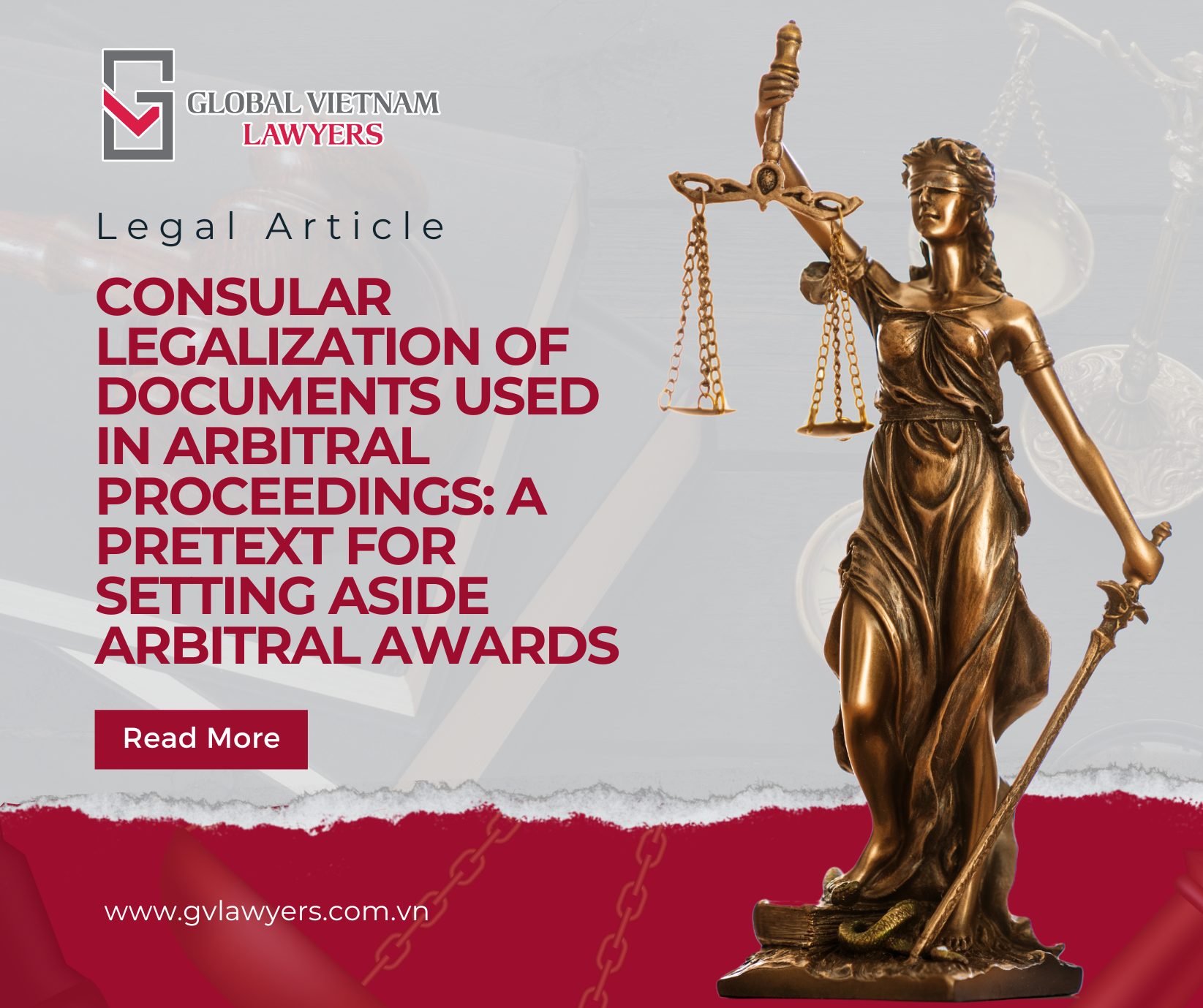We would like to introduce the article of Lawyer Tran Huu Tien titled: “Don’t Leave Court Judgment Unenforced” published in Saigon Economic Times on 29 August, 2019, Issue No. 35.2019 (1,498). In the article, Lawyer Tien mentioned the current situation and inadequacies in the implementation of civil judgments and decisions that are effective in Vietnam. The article also given readers the perspective and legal views on the effectiveness of some current regulations relating to the execution of sentences. In conclusion, the article suggests the application of sanctions to support the enforcement of civil judgments in Vietnam more effectively, referring to some practical examples in many countries around the world.
***
It is told that a civil judgment enforcement agency in Ho Chi Minh City forcibly “gives up” in enforcing a court judgment against a businesswoman. Despite its service of the notice of coercive enforcement against her, the female entrepreneur looks ignorant and uncooperative while remaining unconcerned. It is likely that the court judgments can be nullified in reality.
In light of the bigger picture, based on the statistics of the General Department of Civil Judgment Execution (), out of a total of 914,083 cases to be enforced and 711,990 cases with separate enforcement conditions in 2018, only about 38.35% is done with enforcement. In other words, nearly 62% of verdicts in the past year have not been fully implemented. The question is how the verdicts as symbols of justice can be fully enforced.
In principle of the Civil Procedure Law, once a civil court judgment or decision takes legal effect, all concerned agencies, organizations and individuals are obliged to respect and strictly adhere to. For an unenforced judgment or decision, the civil judgment enforcement agency, according to its duties and functions, will organize the judgment enforcement based on the petition of the judgment creditor or as deemed necessary. At that time, other relevant agencies, organizations and individuals must also be responsible for fulfilling the requirements by civil judgment enforcement agencies as prescribed.
Under the Law on Civil Judgment Enforcement (in Articles 162 and 165), the act of intentionally failing to comply with judgments or decisions and failing to voluntarily observe decisions on judgment enforcement may be administratively sanctioned or examined for penal liability. Administrative fines are applied from 500,000 to VND 5,000,000 depending on the type and severity of the acts, as prescribed in Decree No. 110/2013/ND-CP dated September 24, 2013 of the Government stipulating sanctions against administrative violations in the field of judicial supplementation, judicial administration, marriage and family, civil judgment enforcement, corporate and cooperative bankruptcy (amended by Decree No. 67/2015 of August 14, 2015 of the Government).
Pursuant to Article 380 of the 2015 Criminal Code, if you can favorably enforce the judgment but you do not comply with the effective court judgment or decision despite the fact that you are already subject to statutory coercion or suffer administrative sanction for this noncompliance, you shall be sentenced to between three months and five years of imprisonment (depending on the case) and may be fined between VND 5-50 million.
In a nutshell, the Vietnamese law requires the judgment debtor to be responsible for observing a valid court judgment or decision. In case of failure to serve their sentences, the judgment debtors may be subject to a fine or imprisonment depending on the behavior.
Practical difficulties
From the writer’s perspective, such administrative penalties of up to several million VND do not seem adequately deterrent, especially in cases where judgment enforcement is involved in a great value as many times as a certain fine, or directly affects such benefits as child custody, support, housing and land reclamation, etc. Drawing a comparison on benefits between failure to serve a sentence and paying a certain fine, the judgment debtor in many cases will be willing to pay the said administrative fine rather than enforce the judgment or extend the time of doing the same.
Naturally, if the judgment debtors continue to commit any violation, the civil judgment enforcement agencies may consider requesting the competent authorities to apply stricter sanctions by examining the criminal liability. In fact, the criminal handling of legal noncompliance is not a new issue in the law. Article 304 of the Penal Code 1999 has provided for the Crime of noncompliance with judgments. Subsequently, Article 380 of the 2015 Penal Code made positive amendments to clarify which criminal penalties can be applied. However, up to now, the relevant legal documents have not yet provided specific guidance on how the judgment enforcement agency should conduct a request to investigate penal liability for noncompliance with judgments.
While the administrative penalty is still inadequate, the application of stronger sanctions (criminal penalties) to non-enforcers is not common. By chance, this triggers a mentality to disregard judgment enforcement, delay, evade and even oppose judgment enforcement.
It takes an iron fist for the enforcement of justice
As aforesaid, the enforcement of effective civil judgments and decisions in Vietnam is facing difficulties when regulations on penalties for noncompliance are insufficiently deterrent or still hard to apply. Given the fact that regulations on handling administrative violations in the field of civil judgment enforcement have been issued for a long time (since 2013), it is asked whether lawmakers should consider updating, amending regulations and supplementing appropriately to give the “fair and reasonable” rate of a particular fine.
On the other hand, the additional provision of the written guidelines and instructions to the judgment enforcement agencies and other relevant competent on coordination of their duties when handling acts of noncompliance with judgments is also necessary and should be early implemented to ensure effective prosecution of noncompliance with judgments and avoid omitting crimes and offenders.
While Vietnam is being entangled by such traditional methods as fines and imprisonment, there are so many countries around the world that have been making “open” approaches to enforcing court decisions. In some US states like Michigan, their citizens who do not serve a sentence face the risk of having their driver’s license suspended until a full sentence is served. In other countries, failure to comply with a sentence may result in restrictions on the use of certain types of public services and utilities.
It is hereby thought that we should also consider making appropriate adjustments for the purpose of ensuring the supremacy of the law.









